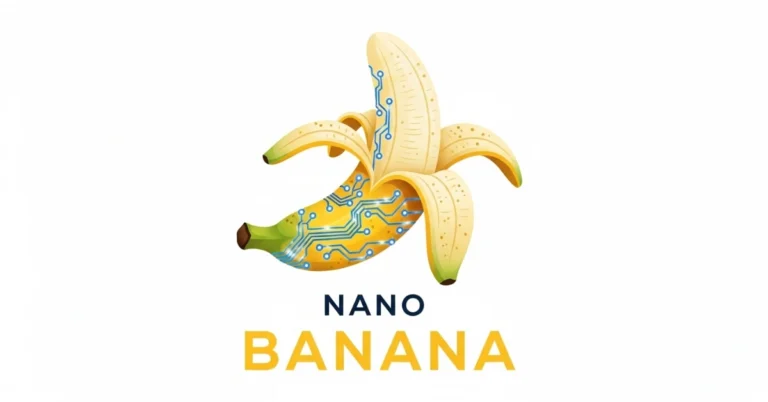Cluely has quickly become one of the most talked-about startups in Silicon Valley, especially after the launch of its new enterprise product. In just one week, the company’s annual recurring revenue (ARR) increased from $3 million to approximately $7 million, driven by growing interest from both individual users and businesses. The platform uses artificial intelligence to analyse conversations in real-time, offering live meeting notes, contextual insights, and suggested questions, all discreetly displayed on the user’s screen.
The company’s journey began in controversy. Its founder, Roy Lee, was reportedly suspended from Columbia University after creating a tool designed to help software engineers cheat during job interviews. Rather than back down, Lee leaned into the criticism and transformed the idea into a startup. The product was initially marketed with provocative slogans like “cheat on everything,” but with backing from top venture capital firms such as Andreessen Horowitz and Susa Ventures, Cluely has since shifted to a more polished message: “Everything You Need. Before You Ask.”
Despite its unconventional start, Cluely is gaining serious traction with businesses. Lee shared that a major public company recently doubled its annual contract with them to $2.5 million. The enterprise version of Cluely mirrors the consumer version but includes additional features like team management tools and advanced security settings. Its main use cases include sales, customer support, and virtual tutoring areas, where quick access to accurate information is critical.
At the heart of Cluely’s appeal is its ability to deliver real-time notes during meetings. While many competing products offer summaries after a meeting ends, Cluely’s feature allows users to access key details while the conversation is still ongoing. Lee points out that this live capability makes the product more valuable and engaging during actual discussions.
However, Cluely’s success is already drawing challengers. An open-source startup called Pickle recently launched a similar product named Glass, offering real-time meeting notes for free. Within hours, Glass attracted attention from developers online, suggesting that competition could arrive faster than expected. As Cluely continues to scale, its ability to maintain momentum in the face of free alternatives will be an important test of its staying power.
📲 Get the latest Tech & Startup News on our WhatsApp Channel
👉 Join Now



